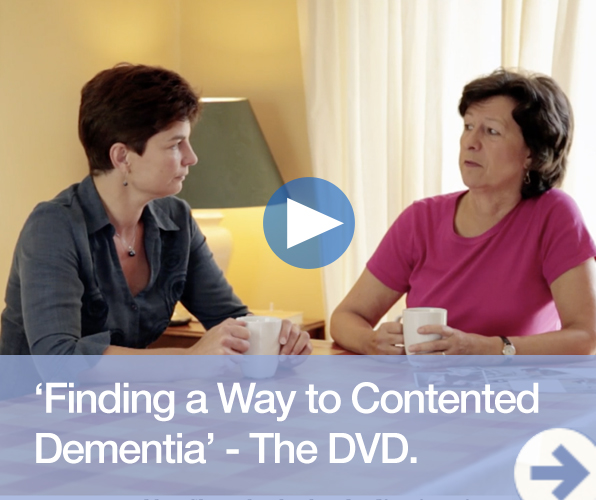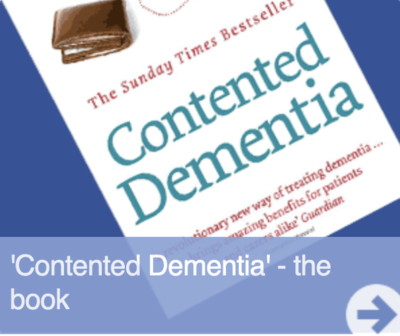
Cyndy Hunt Luzinski is a SPECAL Practitioner and the charity she founded, Dementia Together, is based in Northern Colorado in America. She and her colleagues have been assessing the effectiveness of a 7-week SPECAL course, and whether communication-centred interventions like SPECAL can facilitate positive outcomes for informal care partners.
Twenty eight participants were involved and they were asked to complete pre- and post- programme surveys as well as post-course programme interviews.
The results showed several positive changes following the implementation of SPECAL, including from those who were not the main carer for the person with dementia:
” [SPECAL] just helped, it helped me realize my role ands how I could help from a distance. And so that was probably one of my best moments, to understand that my Mom needs to have autonomy and she needs to feel like she is part of society.”
And this moving comment from another participant, when interviewed at the end of the 7-week programme:
“[SPECAL] was magical to me because I didn’t understand. It helped me understand what my wife was going through and where she was. And before I took that, we had a lot of […] dissension some- times, because I didn’t realize really where she was and what I was doing to her […] Basically I would say that the SPECAL program and the things that I learned there is saving our relationship.”
The conclusion was that results from this study underscore the importance of communication as an intervention target for dementia care partners, identifying opportunities and challenges in working to help care partners communicate with people with Alzheimer’s disease and related dementias, in ways that sustain their relationship and foster mutual well-being.
To read the entire paper, published in the peer-reviewed journal ‘Ageing and Mental Health’, click here:
https://bit.ly/3JQAxTQ
(Photo by J. Kelly Brito on Unsplash)



